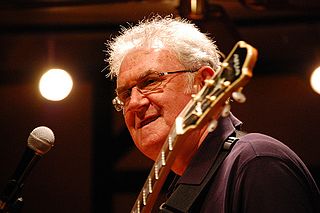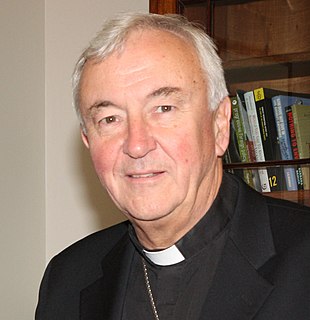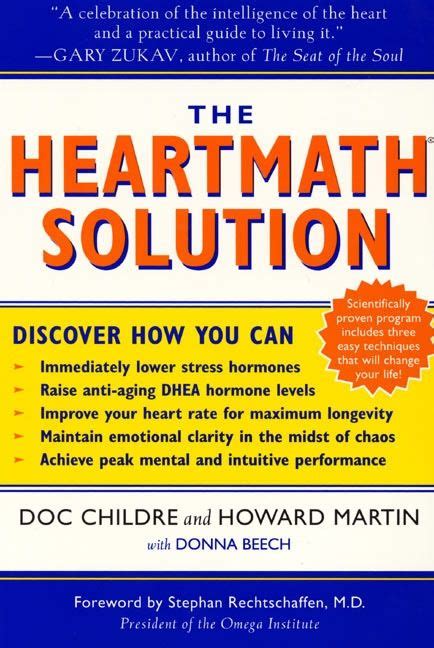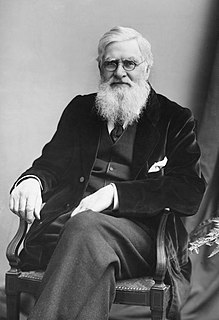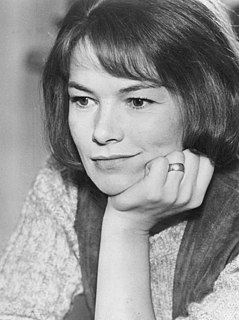A Quote by D. H. Lawrence
The only principle I can see in this life, is that one must forfeit the less for the greater.
Related Quotes
The less you eat, drink and read books; the less you go to the theatre, the dance hall, the public house; the less you think, love, theorize, sing, paint, fence, etc., the more you save-the greater becomes your treasure which neither moths nor dust will devour-your capital. The less you are, the more you have; the less you express your own life, the greater is your alienated life-the greater is the store of your estranged being.
What will be required to increase the quality of life and health is a coming together of technology and values, based on a scientific guiding principle that people can agree on. Securing a healthy global future requires this guiding principle to preserve freedom of spirit yet be as provable as the laws of physics. A guiding principle that addresses the meaning of life and is compelling enough to generate social cohesion and behaviors that serve the greater whole. After thirty years of investigation and research, it has become clear to me that the answer lies within the human heart.
Prana, according to the Vedanta, is the principle of life. It is like ether, an omnipresent principle; and all motion, either in the body or anywhere else, is the work of this Prana. It is greater than Akasha, and through it everything lives. Prana is in the mother, in the father, in the sister, in the teacher, Prana is the knower.
The community of developers whose work you see on the Web, who probably don't know what ADO or UML or JPA even stand for, deploy better systems at less cost in less time at lower risk than we see in the Enterprise. This is true even when you factor in the greater flexibility and velocity of startups.
Sociological method as we practice it rests wholly on the basic principle that social facts must be studied as things, that is, as realities external to the individual. There is no principle for which we have received more criticism; but none is more fundamental. Indubitably for sociology to be possible, it must above all have an object all its own. It must take cognizance of a reality which is not in the domain of other sciences... there can be no sociology unless societies exist, and that societies cannot exist if there are only individuals.
He must also know evil, hate and bigotry as real phenomena, but he must see love as the greater force. He must not doubt this even for a moment or he is lost. His only salvation is to dedicate himself to love, in the same fashion as Gandhi did to militant nonviolence, as Socrates to truth, as Jesus did to love and as More did to integrity. Only then will he have the strength to combat the forces of doubt, confusion and contradiction. He can depend upon no on or no thing for reinforcement and assurance but himself.




